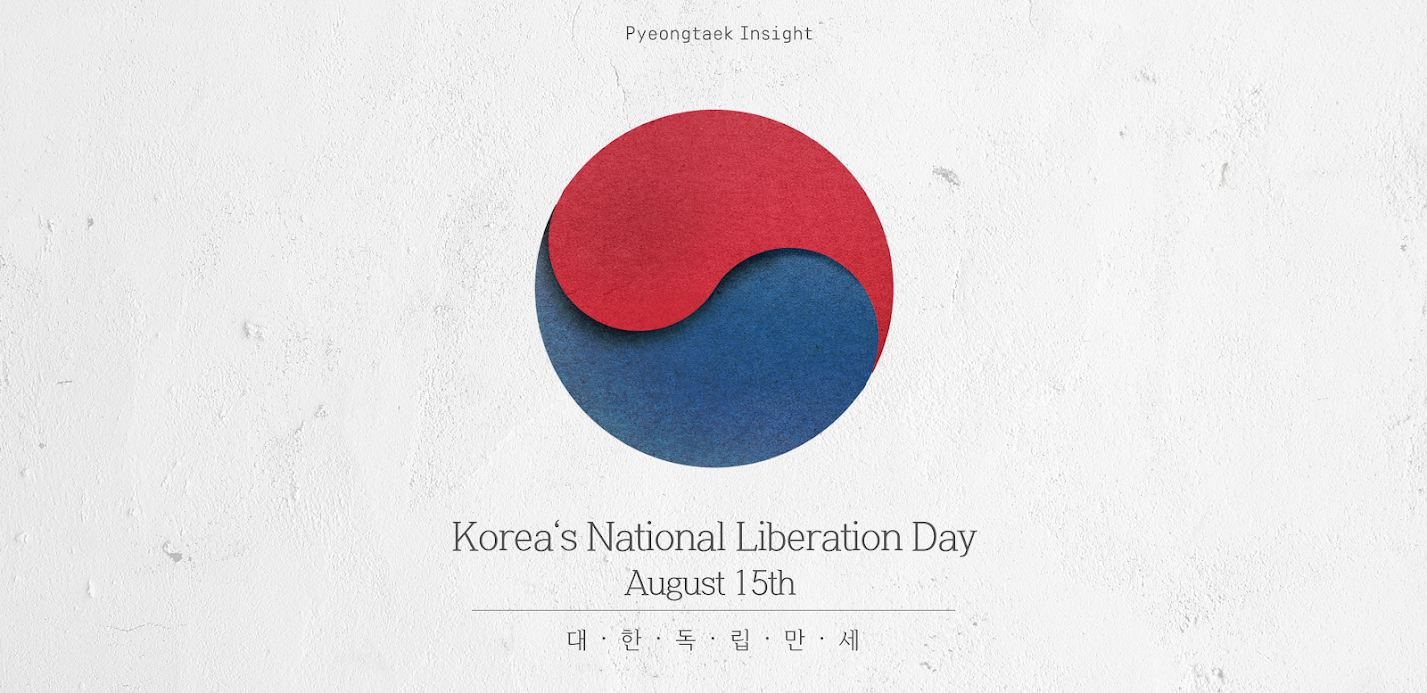On August 15, South Korea observes Gwangbokjeol, or National Liberation Day, a significant national holiday marking the end of 35 years of Japanese colonial rule on August 15, 1945. This day symbolizes the hard-won freedom of the Korean people and serves as a tribute to the countless independence fighters who sacrificed their lives for the country's liberation.
Following Korea's liberation in October 1945, the U.S. military government in Korea abolished the Japanese-established national holidays and introduced new public celebrations. The Korean government was formally established on August 15, 1948, marking the third anniversary of liberation. Initially designated as "National Independence Day" by a Cabinet decision in May 1949, the holiday was renamed "National Liberation Day" in accordance with Legislation No. 53 on October 1, 1949.
Today, Gwangbokjeol continues to honor the legacy of the independence movement while also reflecting on broader themes. Despite more than seventy years since liberation, the division of the Korean Peninsula and ongoing regional tensions in East Asia remind Koreans that the path to complete reconciliation and peace remains ongoing. As such, National Liberation Day has evolved to encompass not only a celebration of freedom but also a day to hope for the unification of Korea and lasting peace in the region.


Post a Comment